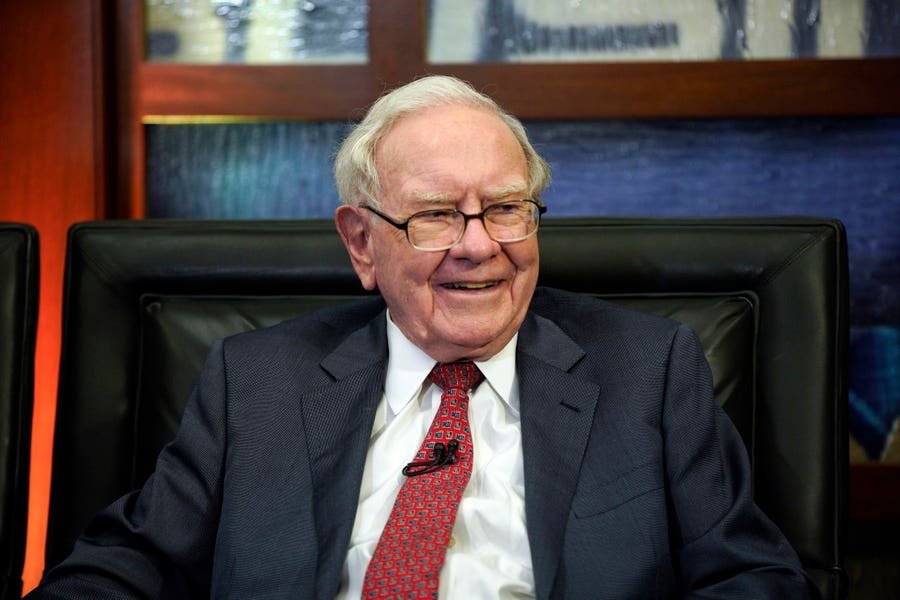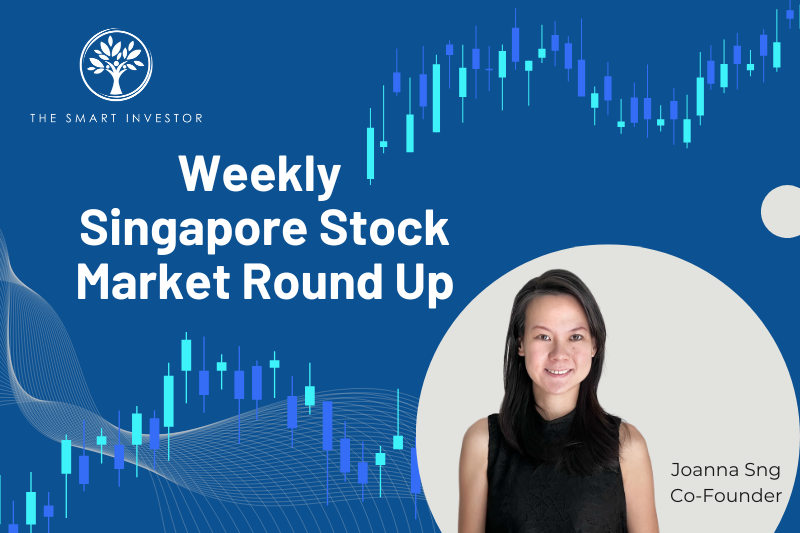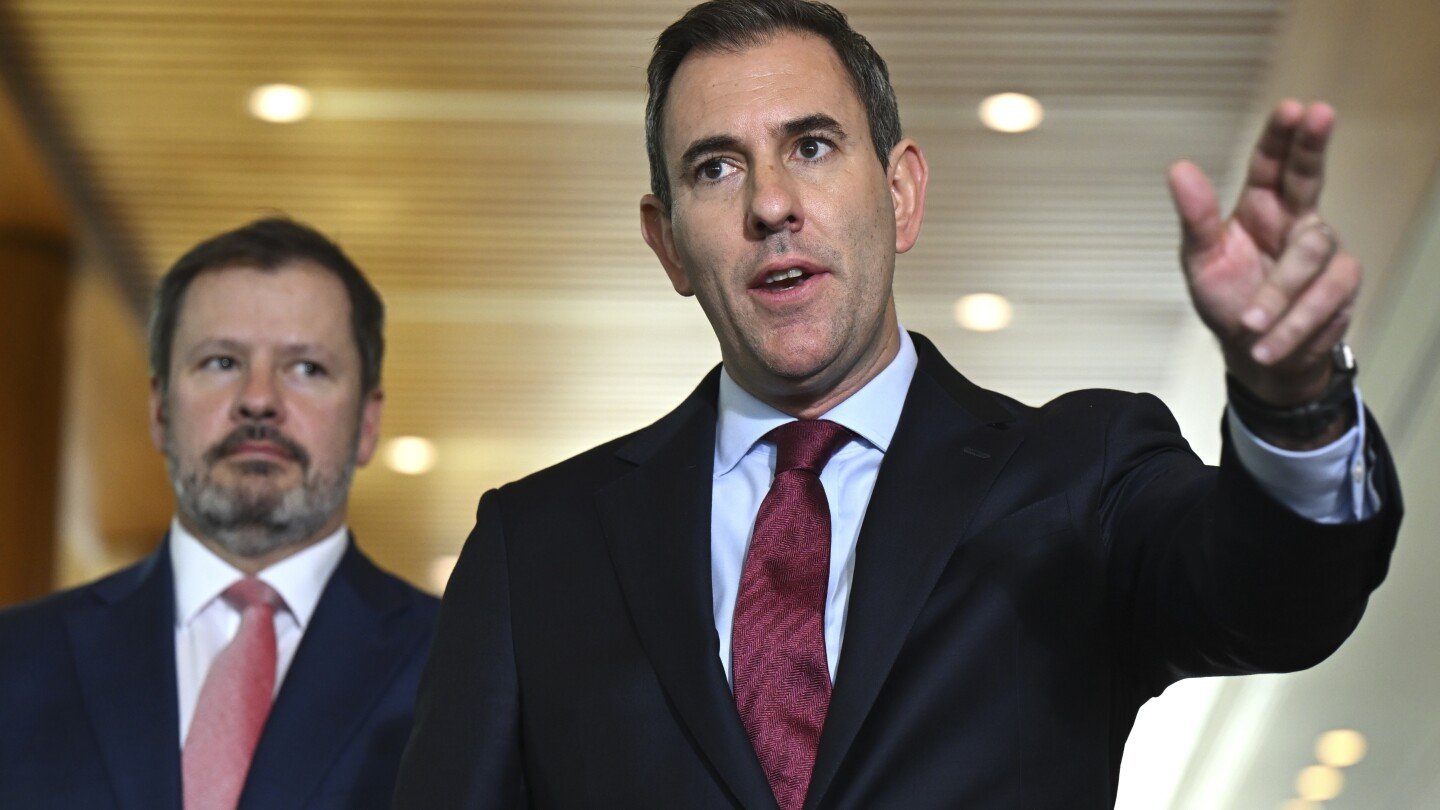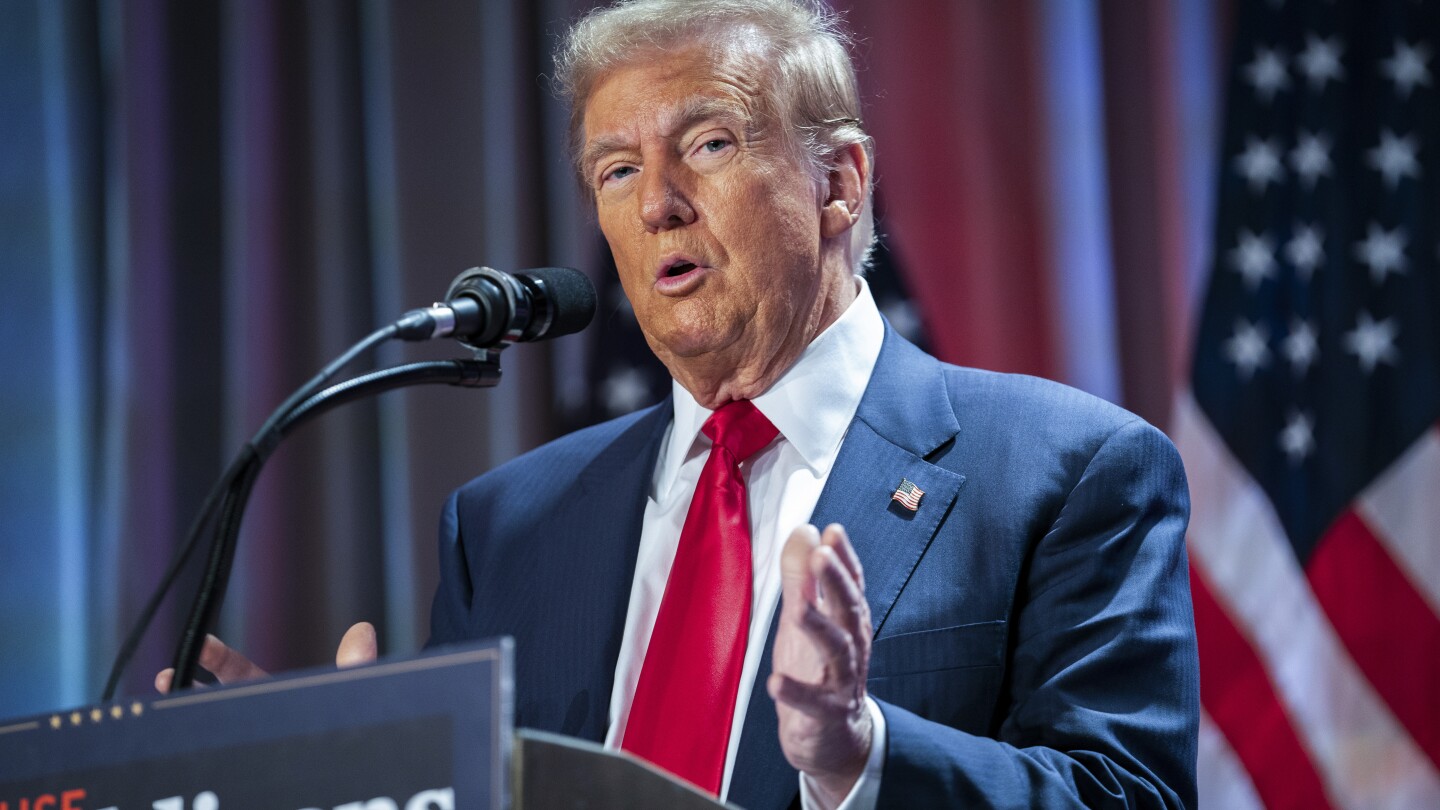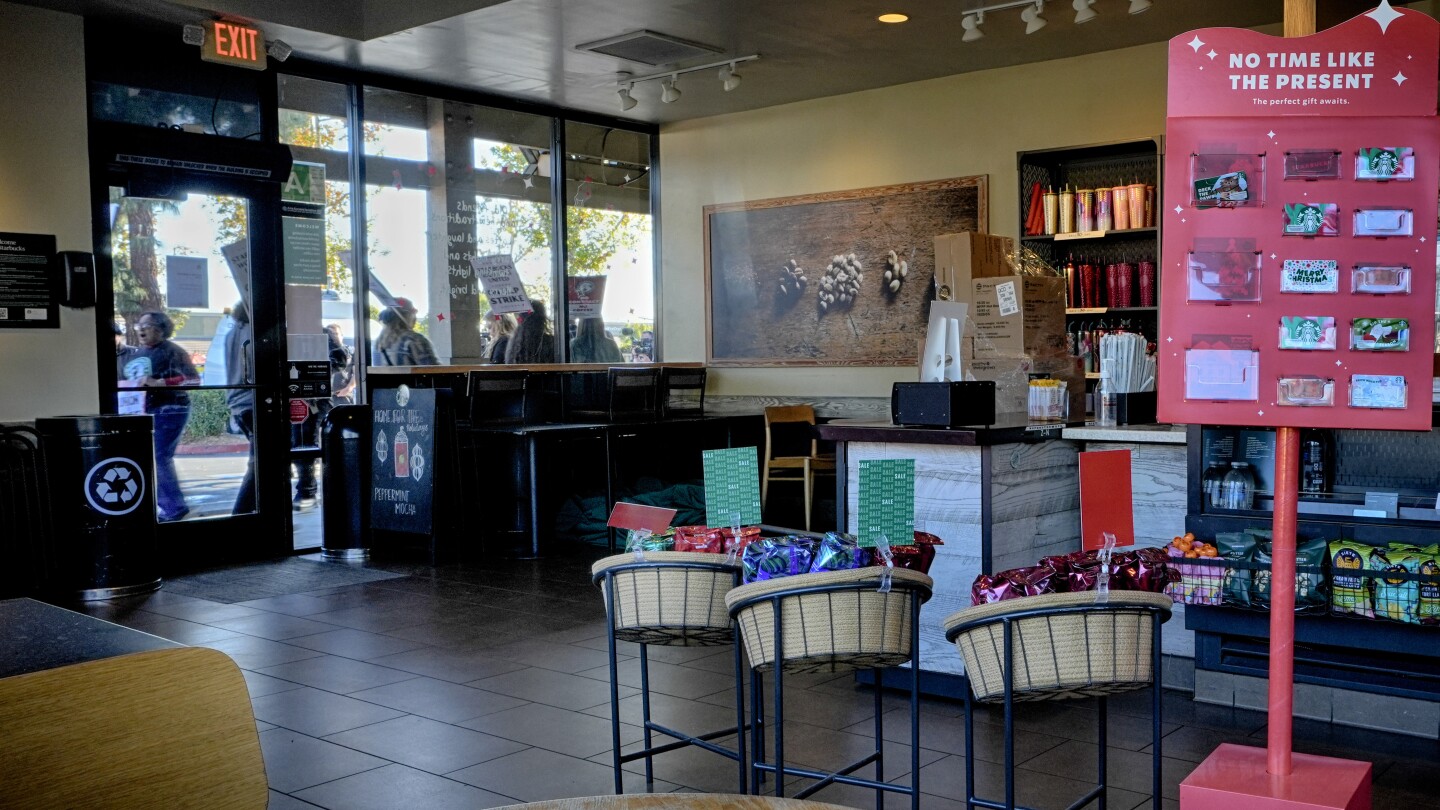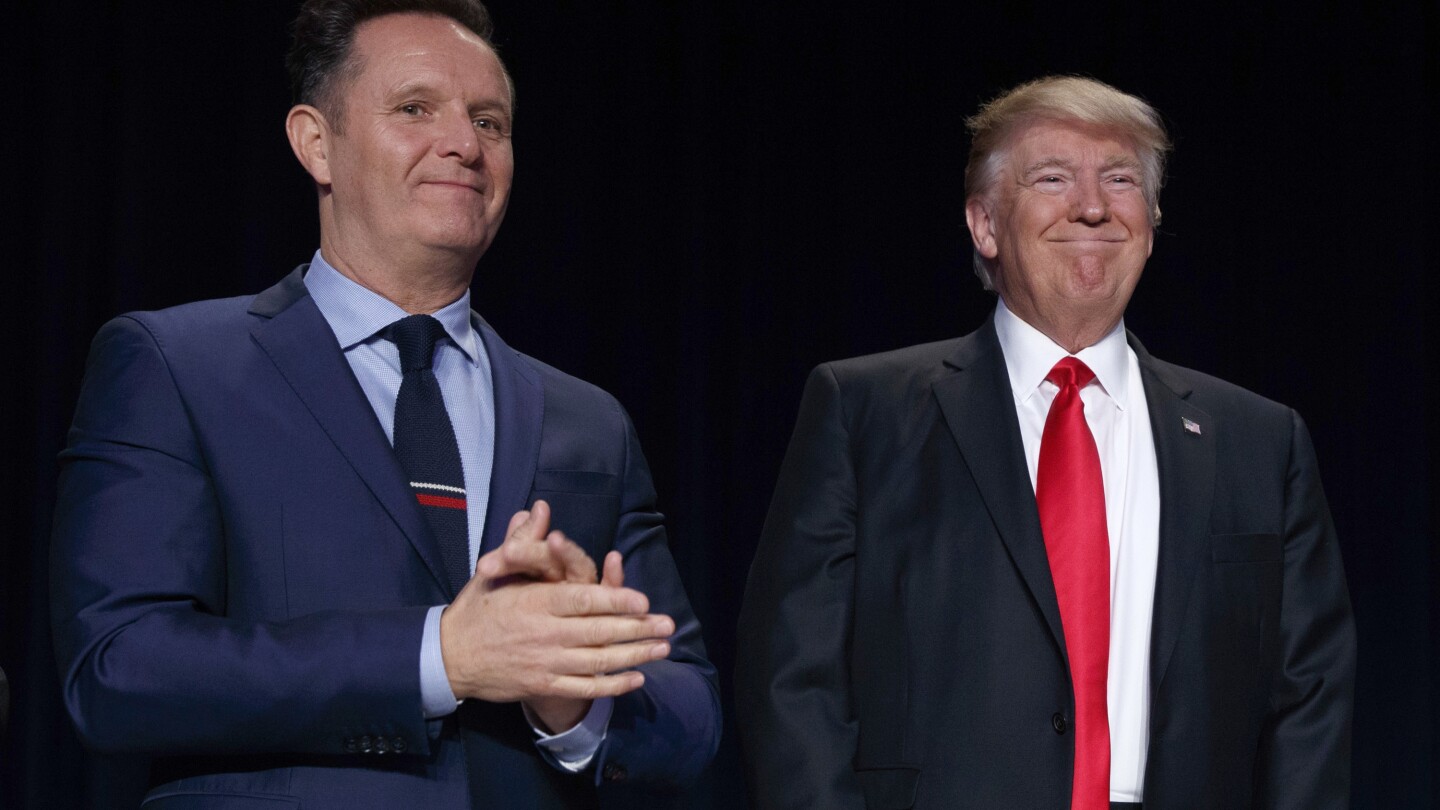Copyright 2018 The Associated Press. All rights reserved.
Billionaire investor Warren Buffett has the job of delivering value to the shareholders of Berkshire Hathaway (BRK.A)(BRK.B), the massive conglomerate he runs. Buffett’s preferred value-creation strategy involves buying good companies outright. But when the timing is right, he will also take partial ownership positions via public stock trades.
Investors watch Buffett’s public stock moves closely for inspiration. He is known for his methodical investing process, and his trades signal where he sees value and where he doesn’t. See what takeaways you can gather from this review of the entire Berkshire Hathaway stock portfolio, overseen by the Oracle of Omaha himself.
Understanding Warren Buffett’s Investing Strategy
Buffett is a value investor who favors proven business models, ironclad competitive advantages and savvy leadership teams. He chooses reliable companies he can hold for the long term, in part because he doesn’t believe it’s possible to time the market.
The value approach involves estimating a company’s intrinsic value and using that number to set a maximum buy price. The target price would incorporate a margin of safety to minimize downside risk and enhance upside potential. As an example, if Buffett decides Company A has a fair value of $100 per share, he might not want to pay more than $65 for it. In that case, the margin of safety is 35%.
If Company A stock is trading around $100, it isn’t investable. If a temporary circumstance, such as a market crash, pulls the price down to $65, it may be time to buy. You can see this in action during weak markets when Berkshire deploys more cash into stock shares.
Much more than breaking news, our diverse reporting digs deeper with unparalleled insights that empower you to make better informed decisions. Become a Forbes member and unlock unlimited access to cutting-edge strategies, actionable insights, and updated analysis from our network of leading finance experts.
Warren Buffett’s Top 10 Investments
The SEC requires Berkshire Hathaway to report its public stock holdings quarterly via Form 13F. Berkshire also discloses “insider” trades on Form 4. The conglomerate is an insider where it owns 10% or more of another company’s outstanding stock.
All 41 Warren Buffett stocks below are compiled from Berkshire’s Form 13F as of June 30, 2024, plus subsequent Form 4 filings related to the Bank of America (BAC) position. Position values are calculated from stock prices as of September 9, 2024.
The top 10 stocks in the Berkshire Hathaway portfolio are:
- Apple (AAPL): $87.37 billion
- American Express Company (AXP): $38.09 billion
- Bank of America (BAC): $34.14 billion
- Coca-Cola (KO): $28.79 billion
- Chevron (CVX): $16.78 billion
- Occidental Petroleum (OXY): $13.38 billion
- Moody’s (MCA): $11.90 billion
- Kraft Heinz (KHC): $11.73 billion
- Chubb Limited (CB): $7.88 billion
- Davita (DVA): $5.44 billion
Berkshire Hathaway’s Other Holdings
Smaller Berkshire Hathaway stock positions range in value from $3.29 billion for Citibank to $9 million for Atlanta Braves Holdings. Of note are several positions issued by Liberty Media, which have since been restructured to split off the Sirius XM satellite radio business. Interestingly, the Berkshire portfolio also includes two small S&P 500 ETF positions with an aggregate value of $42 million.
Here are the remaining positions in the Berkshire portfolio, after the top 10:
- Citigroup (C): $3.29 billion
- Kroger (KR): $2.61 billion
- Visa (V): $2.36 billion
- Verisign (VRSN): $2.33 billion
- Mastercard (MA): $1.94 billion
- Amazon (AMZN): $1.74 billion
- Liberty SiriusXM Group (LSXMK): $1.56 billion
- Nu Holdings Ltd (NU): $1.47 billion
- Aon PLC (AON): $1.43 billion
- Capital One Financial (COF): $1.41 billion
- Charter Communications (CHTR): $1.25 billion
- Ally Financial (ALLY): $1.15 billion
- T-mobile (TMUS): $911 million
- Liberty SiriusXM Group (LSXMA): $786 million
- Formula One Group (FWONK): $585 million
- Louisiana Pacific (LPX): $561 million
- Liberty Live Group (LLYVK): $429 million
- Floor & Décor Holdings (FND): $427 million
- Sirius XM Holdings (SIRI): $355 million
- Heico (HEI.A): $267 million
- Ulta Beauty (ULTA): $263 million
- Liberty Live Group (LLYVA): $191 million
- NVR (NVR): $102 million
- Diageo PLC (DEO): $29 million
- Lennar (LEN.B): $28 million
- Jefferies Financial Group (JEF): $25 million
- Liberty Latin America (LILA): $24 million
- Vanguard 500 ETF (VOO
VOO ): $22 million - SPDR S&P 500 ETF (SPY
PY SPY ): $21 million - Liberty Latin America Class C (LILAK): $12 million
- Atlanta Braves Holdings (BATRK): $9 million
Recent Changes To The Portfolio
A comparison of recent filings reveals where Buffett is trimming or enhancing Berkshire’s stock holdings. Form 4 shows several liquidations of Bank of America, reducing the portfolio’s share count to about 864 million shares as of September 4, from more than 1 billion on June 30, 2024.
During the second quarter, Berkshire Hathaway also sold 389 million shares of Apple and exited positions in Paramount Global (PARA) and data warehouse provider Snowflake (SNOW). Additionally, Berkshire reduced its holdings in Chevron, Capital One Financial, Floor & Décor Holdings and T-Mobile.
Also in the quarter, Berkshire opened new positions with Ulta Beauty and aerospace parts provider Heico. Additionally, the conglomerate increased its ownership of Occidental Petroleum with the purchase of 7.2 million shares. Berkshire now owns more than 25% of the oil and gas company.
Berkshire also shuffled around its Liberty Media and Sirius holdings in advance of the restructuring transactions that were implemented on September 9.
Why Is Warren Buffett Known As One Of The Best Investors?
Buffett started investing when he was 10 years old and took the helm at Berkshire Hathaway when he was 35. At the time, Berkshire was a textile manufacturer. Today, in Buffett’s 94th year, Berkshire Hathaway is a diversified holding company and S&P 500 constituent worth nearly $1 trillion. Buffett himself is worth an estimated $142 billion.
He has documented his time at Berkshire with annual letters to the company’s shareholders. Some of Buffett’s most memorable quotes have come from these letters, mixed in among his updates on different areas of the business. He also includes a running annual comparison of Berkshire’s market value growth and the growth in the S&P 500. There isn’t a consistent winner every year, but there is a clear winner over time.
Between 1965 and 2023, Berkshire Hathaway grew at a compound annual rate of 19.8%—nearly double the S&P 500’s 10.2%. While other investors have beaten the market by wider margins, none have done it for as long as Buffett has.
He has proven, repeatedly, that investors don’t have to trade heavily or time the market to create wealth. The approach can be so much simpler: Buy good companies at value prices and hold them indefinitely. In this strategy, compounding does the heavy lifting to create outsized gains over time.
Read Next
- 5 Top Stocks To Buy In October
- Are Gold Stocks And ETFs Worth Buying Now?
- Three Best Target Date Funds To Buy For A Secure Retirement
Much more than breaking news, our diverse reporting digs deeper with unparalleled insights that empower you to make better informed decisions. Become a Forbes member and unlock unlimited access to cutting-edge strategies, actionable insights, and updated analysis from our network of leading finance experts.

